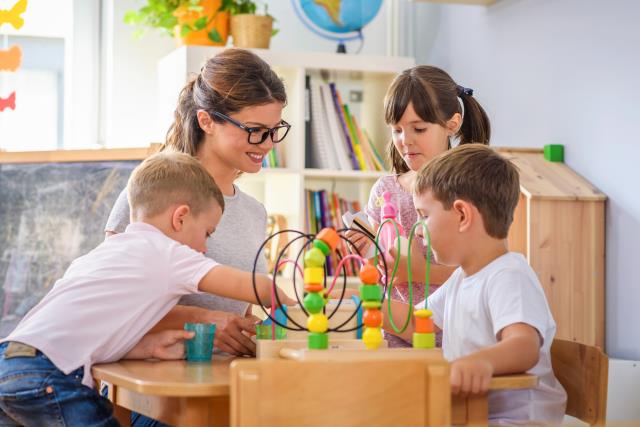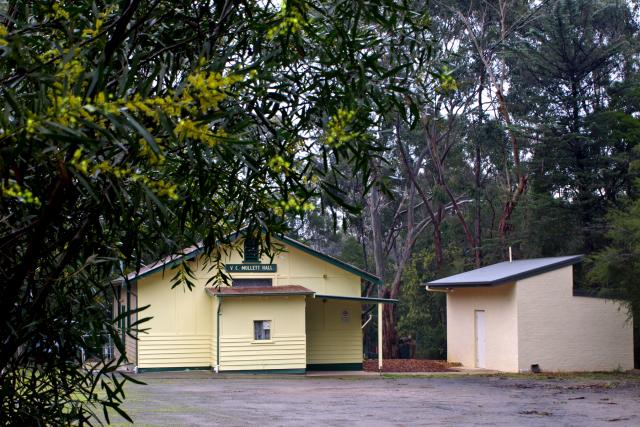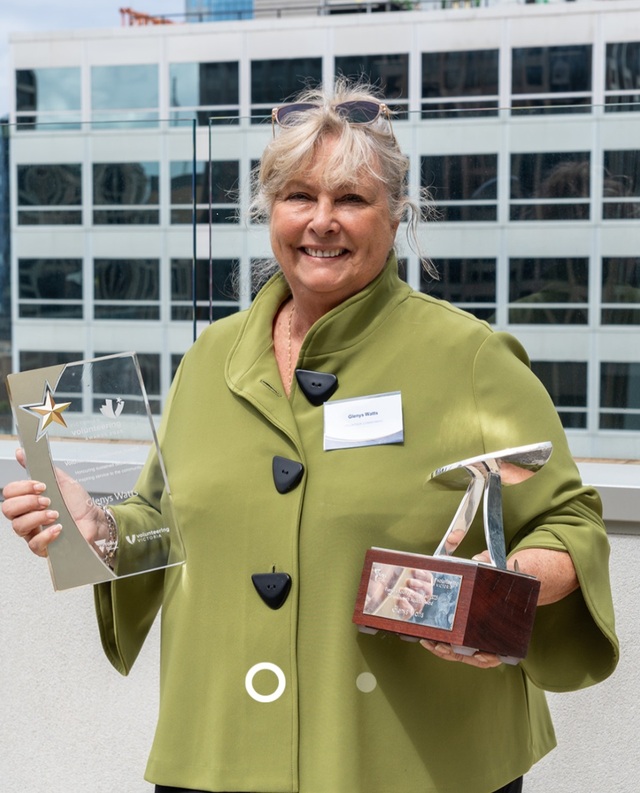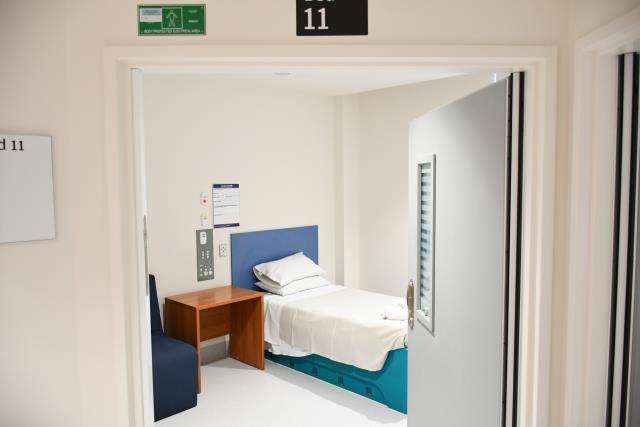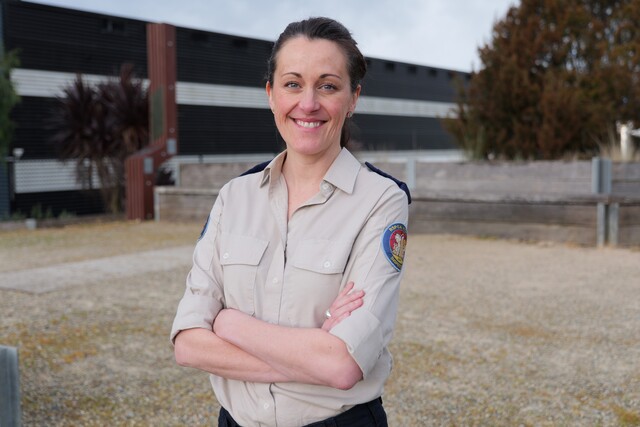New research has revealed most Australian parents recognise the importance of child play, while there are some who believe it’s a ‘waste of time’.
The Latest Royal Children’s Hospital National Child Health Poll, Australian families: How we play, has provided key insights into parents thoughts on play time.
The poll surveyed 2,036 parents between September and October 2022, providing data on 3,351 children aged between one month and 17 years.
According to the data, most parents enjoy playing with their child however, two thirds of parents say they often find playing with their child hard or boring and one in eight believe play is mostly a waste of time.
Key findings:
• Most parents (94 per cent) recognise play is important for a child’s health including physical wellbeing and brain development.
• Less than half (45 per cent) of Australian children play outdoors most days, and 80 per cent of parents would like their children to spend more time outdoors.
• Time, safety concerns and weather are among the leading barriers to Australian children spending more time playing outdoors.
• A third of parents believe play should always be supervised by an adult (38 per cent) and say it is not good for play to involve risk (32 per cent).
Dr Anthea Rhodes, Paediatrician and Poll Director, said the findings show that while parents recognise the importance of play, there are still some knowledge gaps for parents of children of all ages.
“Play is a crucial part of children’s learning and development, with so many benefits for physical, mental and social health. However, our recent study shows that some parents believe play is fun but not essential and one in eight parents believe that play is mostly a waste of time,” Dr Rhodes said.
“Most parents do enjoy playing with their child but we found many parents admit that they don’t always know how to play with their child and one half of parents are not confident that they could help their child to play. We also found that two in three parents sometimes find it hard or boring to play with their child, with dads more likely to find it boring or hard than mums.”
The survey explored differences in types of play, as parents reported on outdoor play, digital play and play away from the home.
The most common type of play was play with digital devices, with more than half of children playing inside on a digital device or screen most days of the week.
“Parents feel that play has changed over the years, with two-thirds saying play was better when they were growing up than it is for children today, and three-quarters believing it is good for children to be bored sometimes.
“Many parents find their kids are ‘stuck to their screens’ but may not realise that using digital devices can also be a form of play. It’s really about how the technology is being used. Children can express their imagination, curiosity and creativity through screen-based play. Play with digital devices was most common among teenagers with 70 per cent playing on devices most days. This was followed by primary school-aged children, then toddlers and preschoolers.
“Four in five parents want their child to spend more time outdoors, and many reported that their kids would prefer to play outdoors if they had a choice. The barriers to more time outdoors were mainly a perceived need for supervision, concerns about safety and the weather.”
There is also some hesitancy around risky play, with a third of parents saying that it is not good for play to involve risk.
“Trying to navigate risk is an important part of play and can be beneficial for children’s learning. It can sometimes be challenging to identify the difference between a healthy level of risk and a situation that is hazardous, when it comes to children’s play. It’s about allowing children and young people to have experiences that challenge and test them, without putting them in danger. That line will be different for every child.
“One of the most encouraging findings of this report is that nearly all parents understand that play is important for a child’s physical wellbeing, brain development, social and emotional learning and mental health. And even though there are some hesitancies, most parents are keen to learn more about how to play with their child. And of course, play is not just for kids, play is also important for adults to keep us physically and mentally healthy too!”
The RCH Poll was conducted in September 2022 and data were collected from a nationally representative sample of Australian parents.

